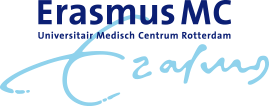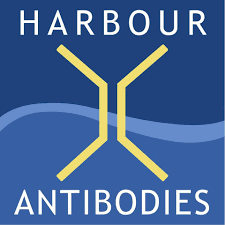Nanotechnology to repair genes in Blood Stem Cells
A recent ‘genome-editing’ tool called CRISPR is of great interest in the treatment and prevention of human diseases, because it is faster, cheaper and more accurate than other existing methods. However, the delivery of CRISPR to human cells remains a challenge: the CRISPR components are prone to degradation and need to be administered at high concentrations to target cells and organs. With the partners from EMC Rotterdam, a public-private partnership was established with Harbour Antibodies BV to improve the systemic delivery of the CRISPR technology.
In the Netherlands, each year 6000 patients are diagnosed with an oncological, and more than 2000 patients with a non-oncological, hematological disease. The prevalence of an acquired hematological condition is strongly age-dependent. Thus, with the increase in life expectancy, the number of elderly people diagnosed with a hematological condition will continue to increase substantially.
In this project the aim is to develop an efficient delivery system of the CRISPR technology to hematopoietic stem cells (HSCs). HSCs self-renew and give rise to all other blood and immune cells. By changing the genome of HSCs, genetic diseases manifested in blood and immune cells can be fixed, such as sickle cell disease or leukemia. To this end, the CRISPR components will be packaged in biodegradable nanoparticles, which are delivered specifically to HSCs inside the human body by utilising state-of-art antibody technology provided by Harbour Antibodies BV. Encapsulation of CRISPR inside nanoparticles and targeted delivery improves the ratio efficacy/toxicity and reduces the amount of CRISPR needed to perform gene-editing in vivo.
The expectation is that the technology could provide an efficient and safe delivery method of CRISPR in HSCs and provide the basis to take CRISPR forward to broader clinical applications for the treatment of hematological diseases. Once established, this methodology could be adjusted to treat other diseases.



